New 21% Point Of Consumption Tax For Online Gambling In The UK To Come In 2019
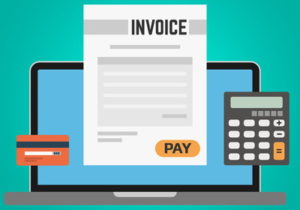 Following the recent £2 stake limit on fixed odds betting terminals it was expected that the UK government would begin to introduce new levys and limits on online gambling. The first stage of this was announced in the 2018 budget and will see the point of consumption tax, introduced in 2014, increase from 15% to 21% for online gambling.
Following the recent £2 stake limit on fixed odds betting terminals it was expected that the UK government would begin to introduce new levys and limits on online gambling. The first stage of this was announced in the 2018 budget and will see the point of consumption tax, introduced in 2014, increase from 15% to 21% for online gambling.
The remote gaming duty (RGD) increases by 6% to the new level of 21% on the 1st October 2019. The £2 stake limit on FOBTs was also delayed so that this would also come in at the same time.
Two weeks later however the government made yet another U-turn following the resignation of the sports minister Tracey Crouch and a public outcry. The FOBT limit will now be brought back to April 2019 as first planned.
Why Do We Need A Higher Tax On Remote Gaming?
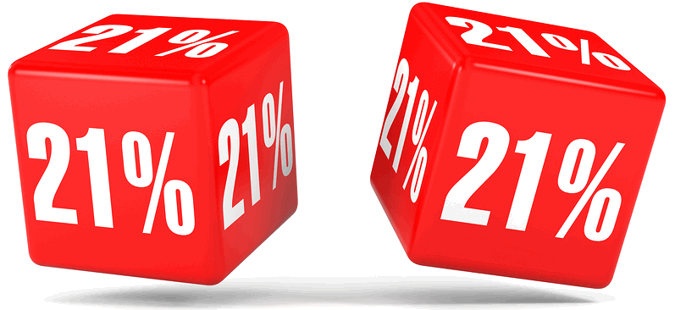
Before 2005 online gambling was a little like the wild west, companies could set up wherever they wanted to to offer betting services to the UK. The Gambling Act created a new body, the Gambling Commission, with a remit to regulate and license all forms of gambling in the UK to make it safer and more transparent for customers and the government.
Betting companies based abroad however, while now licensed, could still get away with paying little or no tax on the profits they made from UK customers. This in effect made it unfair to companies based in the UK who would still have to pay tax on revenue. Therefore in 2014 an amendment to the gambling act focused specifically on online betting by introducing a new point of consumption tax.
The 15% levy meant that all companies, wherever they provide their gambling services from, must now pay this tax. It is true that most operators simply passed these charges onto the customer in the form of poorer odds but this at least created a level playing field.
The new higher 21% tax that will come in in 2019 is a little different. It hasn’t been brought in to create an equal market, rather it is an attempt to further regulate the online gaming industry in the UK. Gambling is a massive market in the UK, generating in excess of £15 billion each year, with over £5 billion form online sources. The new tax is basically the government trying to get a bigger slice of this pie.
Gambling can cause harm to some people, and as with alcohol or cigarettes it is fair to tax it at a special rate, but only as long as the levy is used properly, for things like helping with gambling addiction. If this is the case most will not mind the new rate, if however it is just a tool for the treasury to get more cash then it will ultimately be the punter that loses out the most.
What Is Included In The Tax?
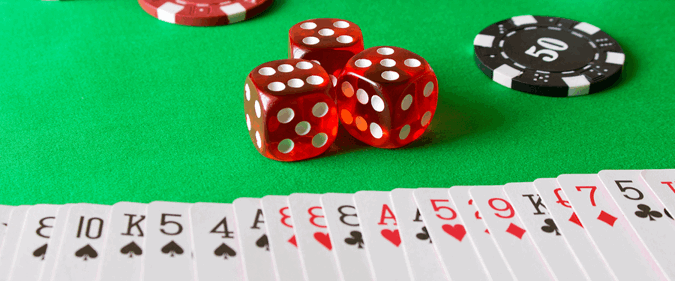
At this point the language is a little ambiguous. The initial phrasing is the new point of consumption tax (POCT) will apply to ‘games of chance’ via the RGD, which suggests it will apply to online games, slots, casinos, virtual sports, any anything else where the odds are fixed within the game.
In theory this should mean it will not apply to sports betting online, and only to online gaming. It all depends on how the new tax is formatted however. It is possible that sports betting taxes will be collected at the previous 15% under the General Betting Duty (GBD) and gaming taxes collected under the RGD. We will know more in the coming months and will update this page as new relevant information becomes available.
How Will This New Tax Effect Punters and Players?
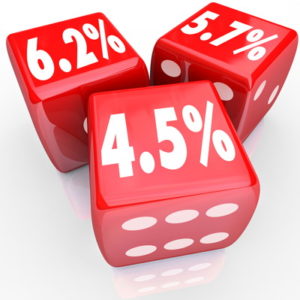 Assuming the tax will only apply to gaming then it will only effect those that predominantly play games online, not sports bettors.
Assuming the tax will only apply to gaming then it will only effect those that predominantly play games online, not sports bettors.
Players and punters will notice little difference on the face of it at least. The same games will be available and as yet no stake limits or other restrictions have been proposed that will change the nature of how people play games online.
What will change is the odds you get and the percentage return to player from within games. Largely the new tax will be passed on directly to the customer and this will mean you will get less value, i.e. the betting site will set higher margins, which will reduce your chances of winning overall.
It is unlikely the whole 6% increase will be passed to the customer, simply because this is an incredibly competitive industry and therefore operators will wear some of this cost in order to not lose customers.
Fixed-odds games already have lower margins than sports bets, simply because there is less variability to take account of. A sports market is influenced by many human and environmental factors that do not matter when it comes to games. Therefore even with this new tax a spin of the reels on a slot game is still going to be better value (on an individual bet basis) than a sports bet.
It is easy to change the odds of a slot game by tweaking the software algorithms to ensure less winning lines. It is far more difficult however to reduce the return to player on a table game like roulette, as all of the variables are already fixed. The only way for a site to scrape more from a game like this is to add some sort of ante or to only offer a version of the game that already has higher margins, such as American roulette. One thing you may notice therefore is some forms of games with very high returns to player becoming rarer or more limited.
If the new levy does also apply to sports bets remotely then you may also notice the basic odds starting to get worse as online bookies seek to claw back their lost profits. The silver lining of this could be that it makes high street bookies more competitive with their online counterparts, as the tax rate for over the counter sports bets will stay fixed at 15%.
Impact On The UK Online Gambling Industry
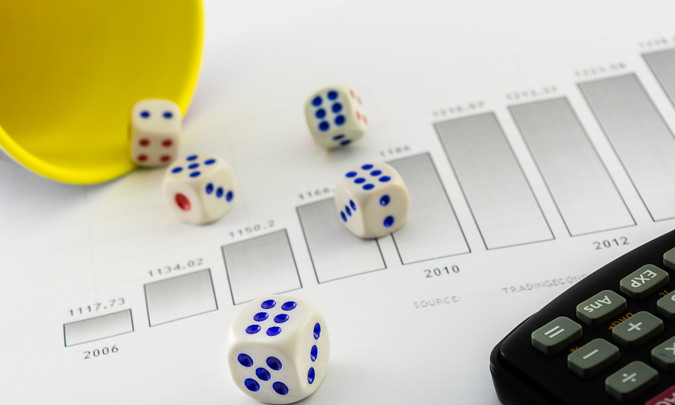
Online gambling is one of the most profitable industries there is, there are very low overheads (compared to high street bookmakers at least) relative to the amount of revenue these guys generate. The old adage ‘you’ve never met a poor bookmaker’ will still apply, even with an additional 6% tax levy few operators will unduly suffer.
What you might notice is some betting companies, largely based aboard, may pull out of the UK market. In reality it will not be the tax alone that drives this but possibly in combination with Brexit it could increase the exodus. There are currently hundreds of licensed brands in the UK to choose from and therefore overall the effect will be minor.
If you are a shareholder in a UK betting company perhaps you will see a drop in price initially, or a reduced dividend, but again this will be short-lived and minor. Gambling sites are exceptionally resourceful and no doubt they will find new ways to attract custom to offset any levy. The online industry is also still growing at a fast rate, meaning the new custom coming on board should also compensate against lost revenue.
The tax could lead to reduced competition in the industry as it will make it harder for smaller companies or new brands setting up. The big betting companies, the likes of William Hill, Bet365, Ladbrokes, Paddy Power, Coral and Betfair, should all be able to carry on pretty much as is. Higher taxes may make it easier for the big betting companies to crowd out the market.
Will The New Tax Lead To A Bigger Black Market?
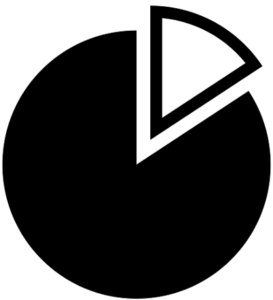 The UK historically has been the place to bet, relative to some other countries taxes are fairly low and as the market is regulated and licensed it is safe for consumers.
The UK historically has been the place to bet, relative to some other countries taxes are fairly low and as the market is regulated and licensed it is safe for consumers.
Increasing taxes however may encourage some people to look to the black market to place their bets. While this may allow people to get better odds it is not advisable as there will be no protection under UK law if something does go wrong and you lose your money.
It is fine for the treasury to want a bigger cut of the profits in tax, many other industries have suffered the same fate. It can be argued too that the government taxing online gaming more will mean they must be more committed to its future survival, which means future regulation (e.g. online stake limits) are likely to be more fair.
The UK government however need to be careful going forward that they don’t ruin one of the best regulated markets in the world. If they start to treat online gambling like alcohol or tobacco and begin to introduce systematic tax rises then people will move abroad to place their bets (using VPN’s and alike) and this means everyone will lose. The consumer will lose their protection, the bookies will lose legitimate revenue, criminals will profit and the government may ultimately earn less tax!



